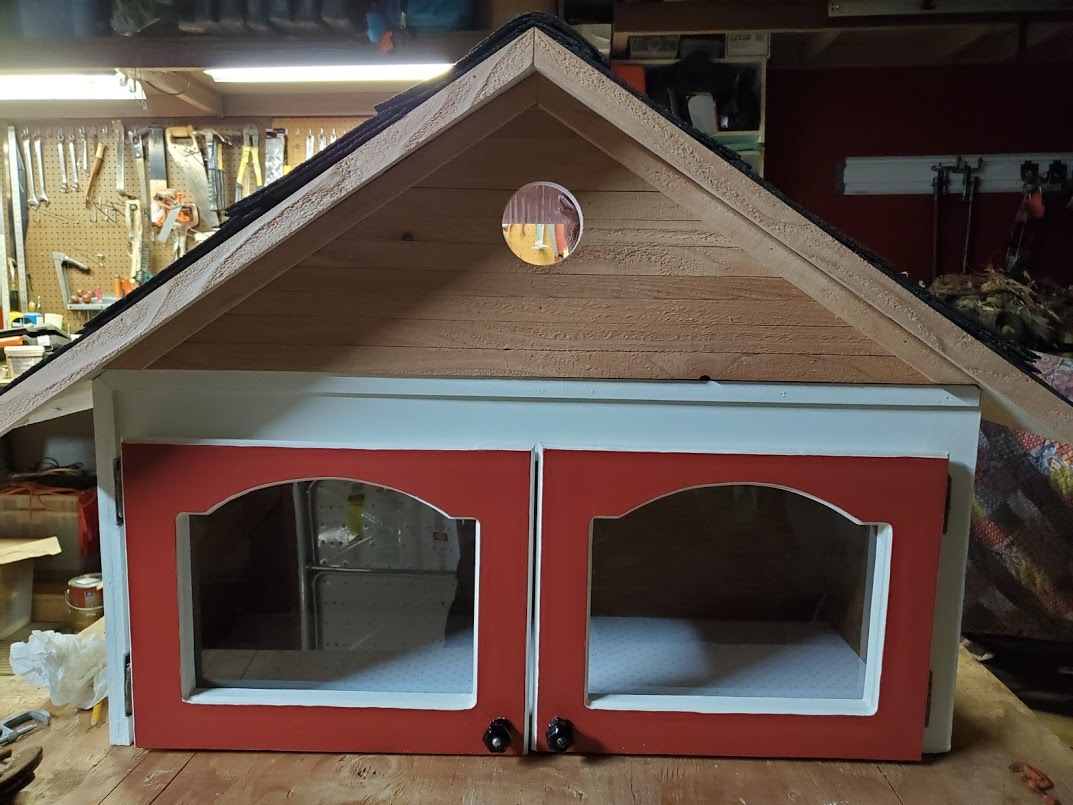Sadie Carnes
4/30/2021 8:15 PM
I have found that depending on where you shop or where you eat there are bamboo alternatives, specifically natural food stores or restaurants that cater to compostable products. Alternatives that I have researched range from products made out of mushrooms, hemp, banana leaves, agave, seaweed, and pressed hay. It was really cool researching compostable alternatives because I had no idea that you could make packaging out of these products! Except for agave; I am a bartender and at my work our straws are made out of agave and I immediately thought that it was so cool!


